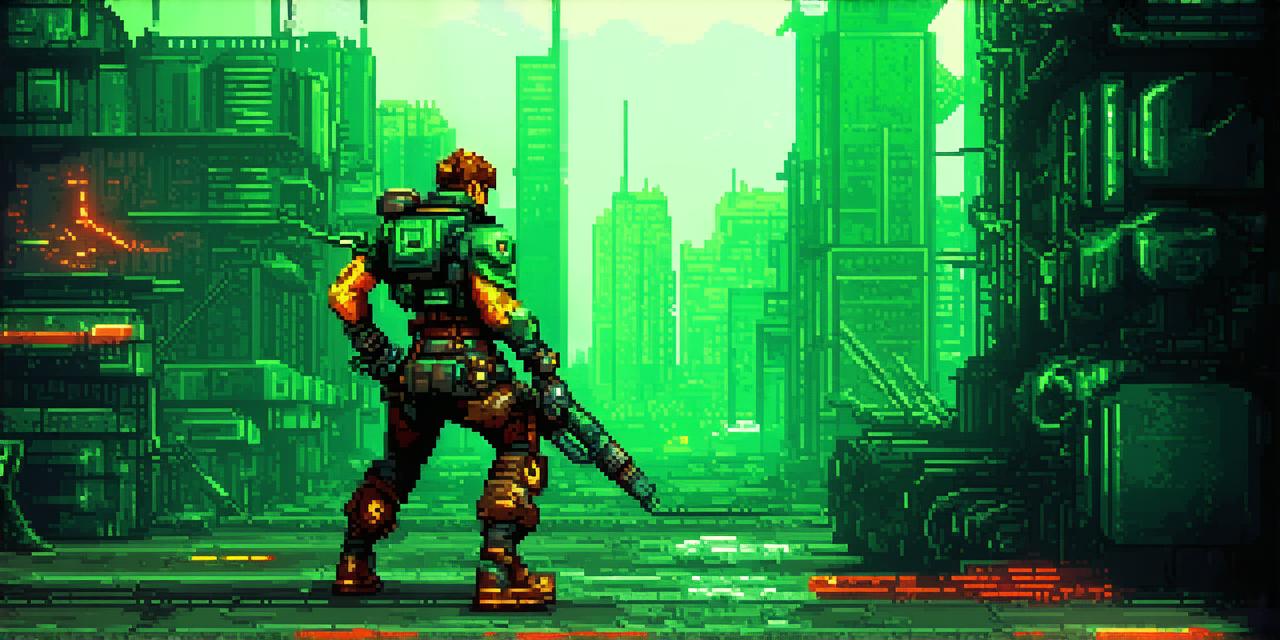Understanding the Challenges
As video games have grown in popularity and complexity over the years, many have attempted to bring these beloved stories and characters to life on the big screen. However, despite their best efforts, video game movies often fall flat, leaving fans disappointed and disillusioned.

The Complexity of Game Worlds
One of the primary challenges faced by video game movie adaptations is the complexity of the source material. Video games often offer players a vast and intricate world, filled with unique characters, storylines, and mechanics that are difficult to condense into a two-hour film. This can lead to a lack of depth and coherence in the movie adaptation, as important elements are left out or oversimplified.
The Differences in Mediums
Another challenge lies in the inherent differences between video games and movies. Video games allow players to interact with the world and characters in a more direct and immersive way, which can be difficult to replicate on screen. Additionally, video games often rely heavily on player choice and branching narrative paths, which can make it challenging to create a cohesive storyline for a film adaptation.
The Audience Expectations
Finally, video game movies face high expectations from fans, who often have a deep emotional attachment to the source material. This can make it difficult to satisfy the needs of both casual and hardcore fans, as the movie must cater to a wide range of tastes and preferences. Additionally, many video game adaptations are criticized for being too faithful to the source material, leading to a lack of creative freedom and an inability to appeal to new audiences.
The Importance of Adaptation
Despite these challenges, video game movies have the potential to be incredibly successful if they are approached with the right mindset. In order to create a successful adaptation, game developers must recognize the unique strengths and limitations of each medium and find ways to translate these elements into a compelling cinematic experience.
The Art of Adaptation
One key aspect of successful video game adaptations is the ability to adapt the source material in a way that enhances its strengths and addresses its weaknesses. This may involve condensing complex storylines, simplifying mechanics, or focusing on different aspects of the game world. By doing so, developers can create a movie that is both true to the spirit of the original game and able to engage new audiences.
The Role of Creative Freedom
Another important aspect of successful video game adaptations is the ability to grant creative freedom to the filmmakers. This allows them to explore different interpretations of the source material, experiment with different narrative structures, and bring their own unique vision to the project. By doing so, developers can create a movie that is both faithful to the original game and able to stand on its own merits.
The Power of Collaboration
Finally, successful video game adaptations often require collaboration between game developers and filmmakers. This allows for a seamless integration of the two worlds, as well as the ability to tap into the expertise of both groups. By working together, developers can create a movie that is not only true to the spirit of the original game but also able to engage new audiences and tell a compelling cinematic story.
Case Studies: Successes and Failures
The Legend of Zelda: Ocarina of Time
One of the most successful video game adaptations to date is the 2004 film adaptation of
The Legend of Zelda: Ocarina of Time
.
